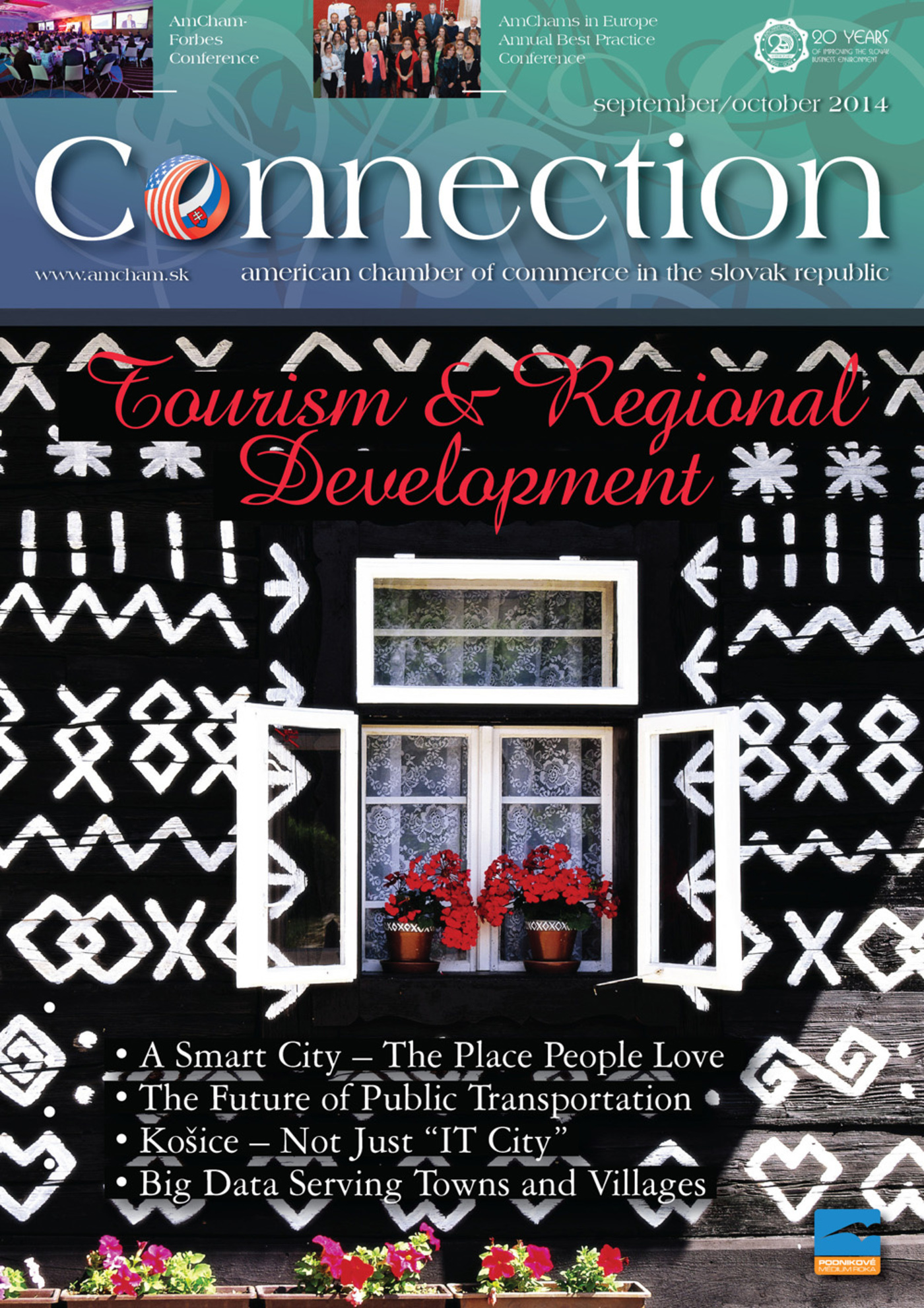Historically most land in Slovakia has been classified and registered as agricultural land, i.e. hop fields, arable land, gardens, vineyards, grasslands and orchards. However, today most land is used in other ways (e.g. grasslands are used as arable land, and so on).
As to acquisition of land (by foreign legal and natural persons), in Slovakia this is limited by fragmentation of land ownership caused by historical development as well as unsettled ownership in relation to land. In some cases one piece of land is owned by dozens of co-owners, or the land is registered as land with unknown owners and administered by the Slovak Land Fund.
Under current law it is impossible in practice to acquire land with unknown owners administered by the Slovak Land Fund. Additionally, in instances of co-ownership problems arise with settlement of the co-ownership right of all co-owners and the costs of settlement of co-ownership must be taken into consideration.
Slovak law also imposes other legal restrictions on acquisition of immovable property.
In 2014 legislation1 was passed restricting acquisition of agricultural land. As a result, from 1 June 2014 agricultural land may be acquired only by a person operating in agribusiness for at least three years in the municipality where the land is located.
Others may acquire agricultural land only subject to cumulative fulfilment of all the following conditions, namely: i) another person involved in business in the agricultural sector in the municipality does not express interest in acquiring the land for three years, ii) the would-be buyer is involved in agribusiness for at least three years and has had their permanent residence or registered office in Slovakia for at least ten years and iii) an offer for sale of the specific agricultural land is published on the website of the Slovak Ministry of Agriculture and Rural Development and its official board for at least 15 days.
Under the Act, even in this case preference must be given to persons undertaking business in the municipality neighbouring the municipality where the land in question is located.
The competent District Authority verifies compliance with these conditions prior to registration in the cadastre of immovables.
Young farmers2 are exempted from the condition of undertaking agricultural business for three years3.
In addition to this new legal regulation, acquisition and transfer of (agricultural and forest) land is also restricted by the historical development of land ownership, which resulted in the existence of land and forest communities. The determining factor of these communities is co-ownership of common immovable property by several persons (even hundreds in many cases). Common immovable property means one piece of immovable property composed of several pieces of land. All co-owners of common immovable property are members of one land ownership community. Under the Act on Land Communities4 it is not possible to divide or even settle co-ownership of common immovable property. The options for dissolution of a land community are strictly restricted by the Act on Land Communities.
This nature of ownership is relatively widespread and affects a large amount of forest land and pasture especially in central and eastern Slovakia. Whether or not an immovable property is common should in each case result from records in the cadastre of immovables5.
In addition to these two statutory restrictions, it is worth briefly mentioning other acts which are restrictive in terms of acquisition of immovables. For example, the law vests the Slovak Republic with a pre-emptive right upon transfer of immovable property6 that forms part of the cultural heritage, moreover, special legal protection of zones of energy networks, roads, railways, and so on applies.
As to the administrative process for acquisition of immovable property, the legal regulations do not set many formal conditions. The only condition is that agreements on transfer of immovable property must be in writing and the signature of the transferor must be certified by a notary. Subsequently, ownership is established by registration in the cadastre of immovables.
Under the Income Tax Act the proceeds of sale of immovable property by natural persons are exempt if the immovable property is sold after five years from the date it was acquired.
If transfer of immovable property is subject to tax, the transferor must pay tax as well as substantial health insurance contributions from the profits from sale.
As for fees associated with transfer of immovable property, these are relatively low. In principle, they represent the fee for notarial authentication of the transferor’s signature (approx. EUR 5) and the costs of registration of ownership in the Cadastre of Immovables (EUR 66; EUR 266 for express registration).
To conclude, inflow of funds to individual Slovak regions through acquisition of immovables by foreign legal and natural persons that might have a significant impact on their development is not hindered by complicated administrative procedures or high taxes or contributions.
___
1 Act No. 140/2014 on acquisition of ownership of agricultural land.
2 Term defined by Regulation of the European Parliament and of the Council (EC) No. 1305/2013 on support for rural development by the European Agricultural Fund for Rural Development.
3 In June 2014, a motion was filed with the Slovak Constitutional Court to review whether the Act on Acquisition of Agricultural Land is in line with the Slovak Constitution because the Act restricts the right of the landowner to freely dispose of their land.
4 Act No. 97/2013 Coll. on land communities.
5 However, there were instances in practice where records in the Cadastre of Immovables did not include information on common immovable property.
6 Act No. 49/2002 on Heritage Protection.
Iva Hulmanová, Associate, bnt attorneys-at-law



Follow us